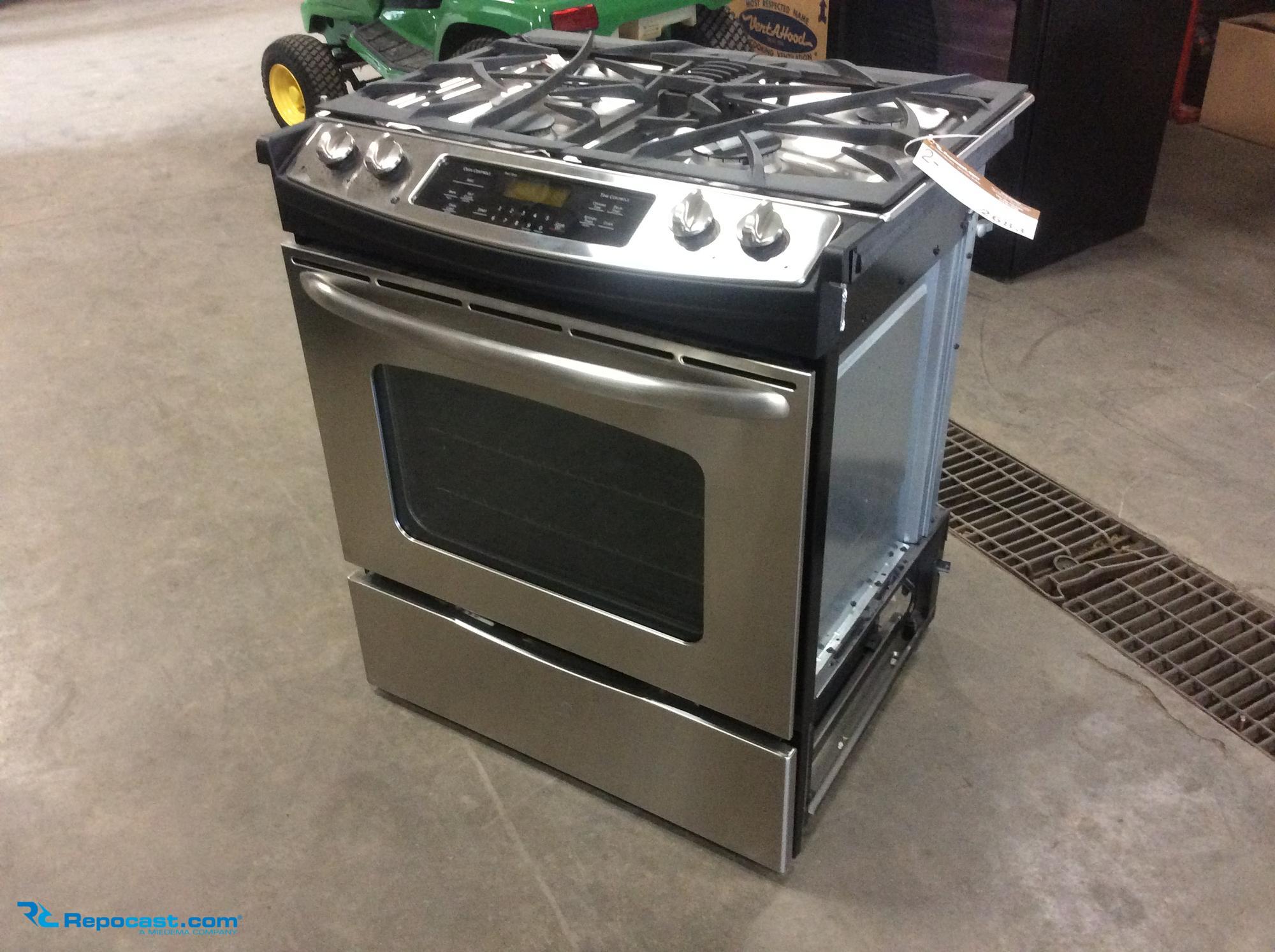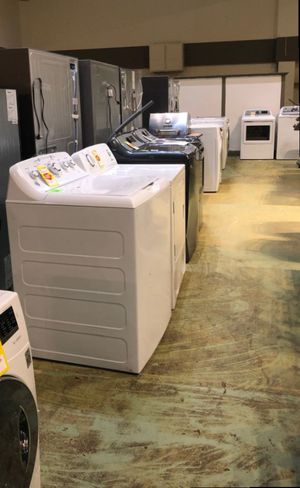


They buy assets from some of the most trusted brands in the country and you can always trust them with the quality. In return, they are able to offer you, the customer, high-quality goods for cheap. They get the items at highly reduced prices as the seller is in urgent need to get rid of them. Be it a closeout or just an overstocking issue, All Wholesale is there to take care of it. They buy large volumes from retailers who have different reasons for clearing out their stocks. The result was All Wholesale which today is one of the best liquidation pallets Los Angeles suppliers. Lucas Garnica and Arnold Delgado wanted to make extra income and their research introduced them to the liquidation industry. Just when the whole of the world was shutting down thanks to the COVID-19 pandemic, two people set out to find a financial way out. The liquidation and wholesale company didn’t even exist before 2020. And that goes beyond just LA and California. Somehow this reads like liq prefs is a bad thing investors do to founders - exactly the opposite.All Wholesale has to be one of the fastest-rising companies in the industry. Plenty of stories for 20 where founders stuck it out & built successfully. Replying to Nithin Kamath, Vaibhav Domkundwar - CEO & Founder - Better said “Founders who “knowingly raise the capital that stacks the liq prefs" and who then think they should quit because of the liq prefs that they themselves bought should probably never raise capital ever again - this is called bailing. But not for founders and teams, whose equity will keep losing value due to liquidation preference with every new round." It may be for the investors to mark up the investment and improve their fund's performance. Highlighting about the startups announcing fund raise having higher valuations, Zerodha founder said “Raising a lot of money at high valuations isn't always good. Maybe this winter will teach investors that businesses must be built differently in India, where M&As & IPOs to overcome liquidation preference issues aren't easy." New investors will have the highest preference. This is because of liquidation preferences & the disconnect between valuations and business fundamentals 1/8- Nithin Kamath April 25, 2023Ĭommenting about how liquidity preferences can impact investors, Nithin Kamath said “Liquidation preference trade-offs apply to investors as well. I think the number of founders and leaders, especially at late-stage startups quitting will only increase, making it harder for businesses to survive this funding winter. Ironic that the same metrics glorified during the bull run will probably hurt now." Highlighting about how high valuations can impact startups, Zerodha founder said “Fantastic businesses solving real-life problems risk not surviving due to core teams quitting because of a realization of a lack of upside due to too high valuations or raising too much. It's a great business, but the founder wants to do something else," he further added in his Twitter thread. “I recently met someone who has raised $100's million at unicorn valuations but now realizes that the opportunity size isn't large or growing fast enough to justify the valuations for years to come. This is when interest in running the business can drop," said Nithin Kamath. That is, if all the investment has to be returned, there will likely be no upside left for the founders & teams. “Reality strikes when everyone realizes that the valuations have outpaced the business fundamentals. But when growth plateaus or new fund raise at higher valuation becomes tough, the investment becomes like a loan." Highlighting about the relation between valuation and liquidity preferences, Kamath said via a Twitter thread that “Liquidation preferences are fine as long as valuations are growing and every new round the investments get marked up, and all investors see notional gains.


 0 kommentar(er)
0 kommentar(er)
